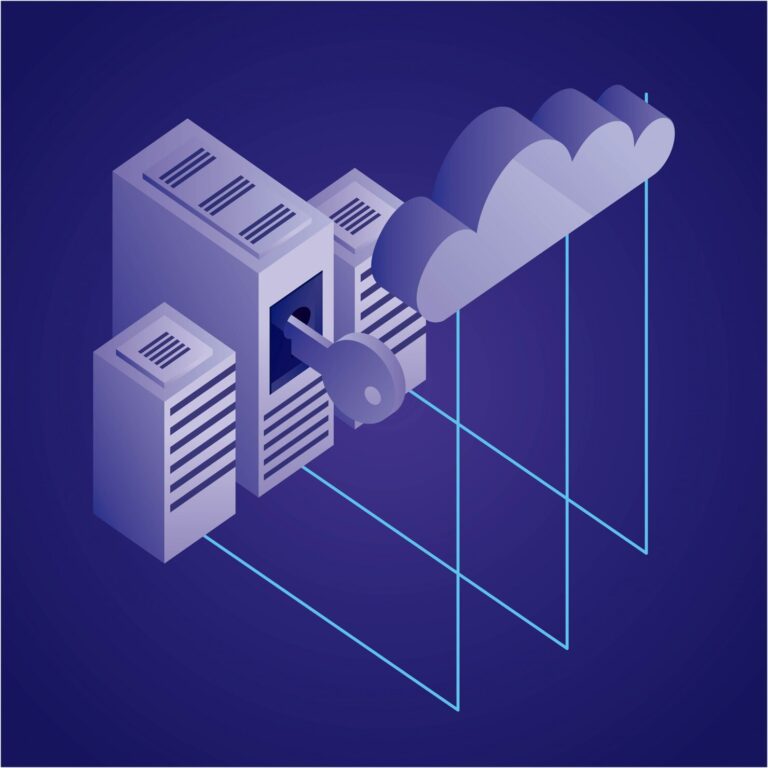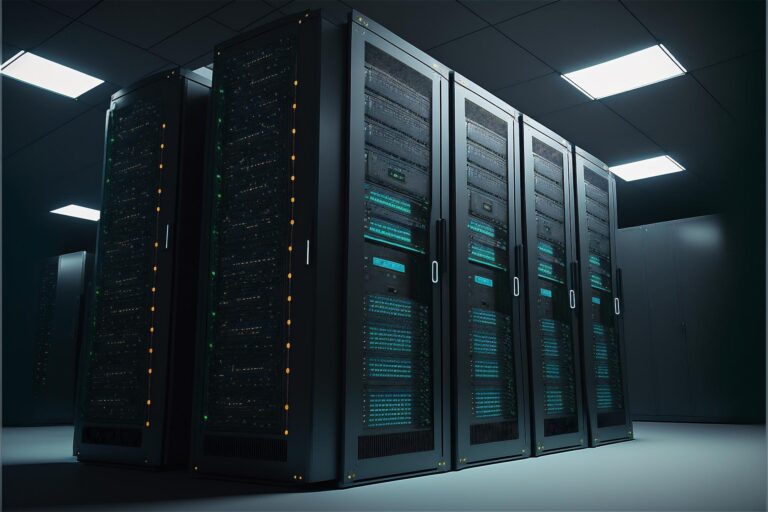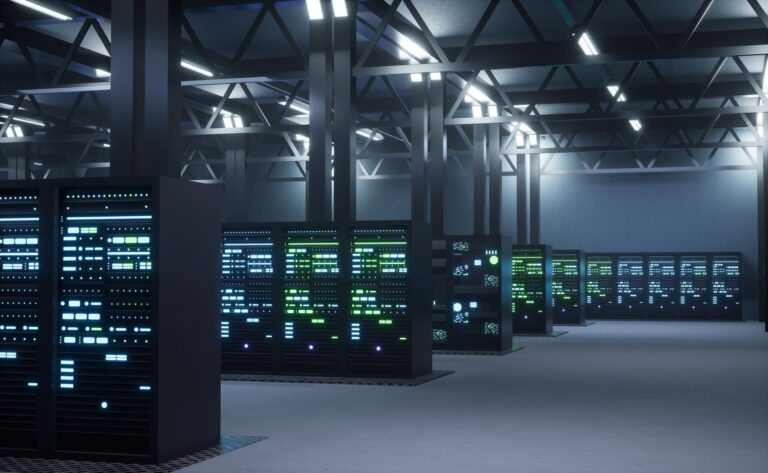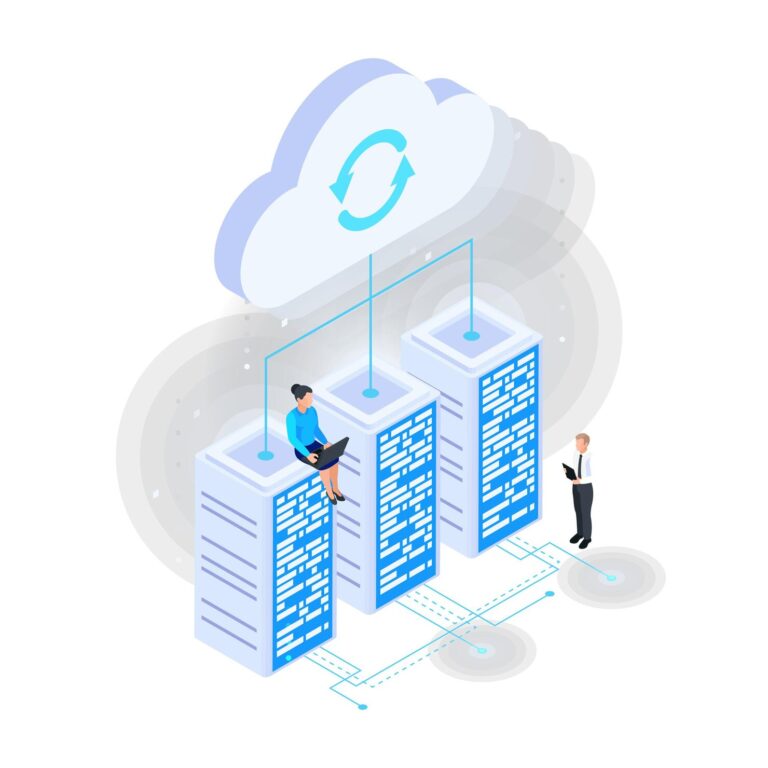Colocation Racks Costs: A Smart Long-Term Investment or an Expensive Commitment?

As businesses grow, so do their IT infrastructure needs. Managing servers in-house can be costly and complex, leading many companies to consider colocation as an alternative. But is colocation truly a cost-effective solution, or is it just another IT expense?
In this article, we’ll break down the real costs of colocation racks, compare them to other hosting options, and analyze whether colocation is a wise investment for your business.
Breaking Down the Cost of Colocation Racks
Colocation involves renting physical space in a data center to house your servers. The total cost depends on multiple factors, including rack size, power consumption, and additional services. Let’s take a closer look at the key cost components.
- Rack Space: How Much Do You Really Need?
Colocation providers offer different rack sizes to accommodate various business needs:
| Rack Size | Typical Monthly Cost |
| Quarter Rack (10U) | $200 – $600 |
| Half Rack (20U) | $500 – $1,200 |
| Full Rack (42U) | $1,000 – $3,000 |
- Power Consumption: A Hidden Cost Factor
Power is a significant component of colocation pricing. Most providers charge per kilowatt (kW) or amp usage.
| Power Usage | Estimated Cost |
| 1 kW | $150 – $300 per month |
| 2 kW | $300 – $600 per month |
- Bandwidth & Connectivity: Performance Comes at a Price
The cost of bandwidth depends on speed, data transfer needs, and whether you require a dedicated connection.
| Bandwidth | Price Range |
| 100 Mbps | $50 – $500 per month |
| 1 Gbps | $500 – $2,000 per month |
- Additional Services: Are They Worth It?
Many colocation providers offer extra services such as remote hands, security monitoring, and disaster recovery.
| Service | Typical Cost |
| Remote Hands (per hour) | $75 – $200 |
| Backup & Disaster Recovery | $100 – $500 per month |
Colocation vs. Other Hosting Solutions: Which One Wins?
- Colocation vs. Cloud Hosting: Which Offers Better Value?
- Colocation: Provides full control over hardware but requires an upfront investment.
- Cloud Hosting: No hardware costs but can become expensive as resource usage scales.
- Best for: Businesses needing predictable costs and control over their infrastructure.
- Colocation vs. In-House Data Centers: The Smarter Choice?
- Colocation: Eliminates the need for real estate, cooling, and security expenses.
- In-House Data Centers: Require significant capital investment and ongoing maintenance.
- Best for: Companies looking to reduce infrastructure management burdens.
Key Benefits of Colocation: More Than Just Cost Savings
- Lower Long-Term IT Expenses
Although colocation requires upfront hardware purchases, it saves money on power, cooling, and security compared to maintaining an in-house data center.
- Enhanced Security & Reliability
Top-tier colocation facilities offer:
✅ 24/7 security monitoring
✅ Redundant power and cooling
✅ Disaster recovery solutions
- High-Performance Connectivity
Colocation facilities provide ultra-low latency connections with direct links to ISPs, cloud providers, and enterprise networks.
- Flexible & Scalable Infrastructure
Need more space or power? Simply upgrade to a larger rack or private cage without relocating your business.
Challenges of Colocation: What to Consider Before Investing
- Upfront Hardware Costs
Unlike cloud hosting, colocation requires purchasing and maintaining physical servers.
- Remote Management Issues
If your data center is far from your office, troubleshooting may require on-site support, increasing costs.
- Long-Term Contracts
Most colocation providers require multi-year commitments, which may not be ideal for businesses with changing IT needs.
Is Colocation a Worthwhile Investment? The Final Verdict
Colocation is ideal for businesses that:
✅ Need full control over hardware and configurations
✅ Want predictable IT expenses
✅ Require enterprise-grade security and connectivity
✅ Are looking for long-term cost savings compared to on-premises infrastructure
However, businesses needing maximum flexibility and rapid scalability may find cloud solutions more suitable.
FAQs: Everything You Need to Know About Colocation
- What’s included in colocation pricing?
Pricing usually covers rack space, power, cooling, security, and basic networking. Additional services like remote hands or backup solutions come at extra cost.
- Can I colocate just one server instead of a full rack?
Yes! Many providers offer single-unit (1U or 2U) server colocation, but it may not be as cost-effective as renting an entire rack.
- What should I consider when choosing a colocation provider?
Look at location, security, network connectivity, uptime guarantees, and service-level agreements (SLAs).
- Can I scale my colocation setup?
Yes! Most colocation providers allow businesses to upgrade from single racks to multiple racks or even private suites as they grow.
- How does colocation compare to public cloud costs?
Colocation has a fixed monthly cost, while cloud expenses fluctuate based on usage. Companies with steady workloads often find colocation more cost-effective over time.
Make the Right Choice for Your IT Needs
Colocation racks provide businesses with a balance of cost savings, security, and control over IT infrastructure. While it requires an initial investment, colocation can be a smart long-term decision for businesses looking for stability and performance.
📢 Ready to Explore Colocation? Compare top-rated colocation providers and find the best solution for your business today!







